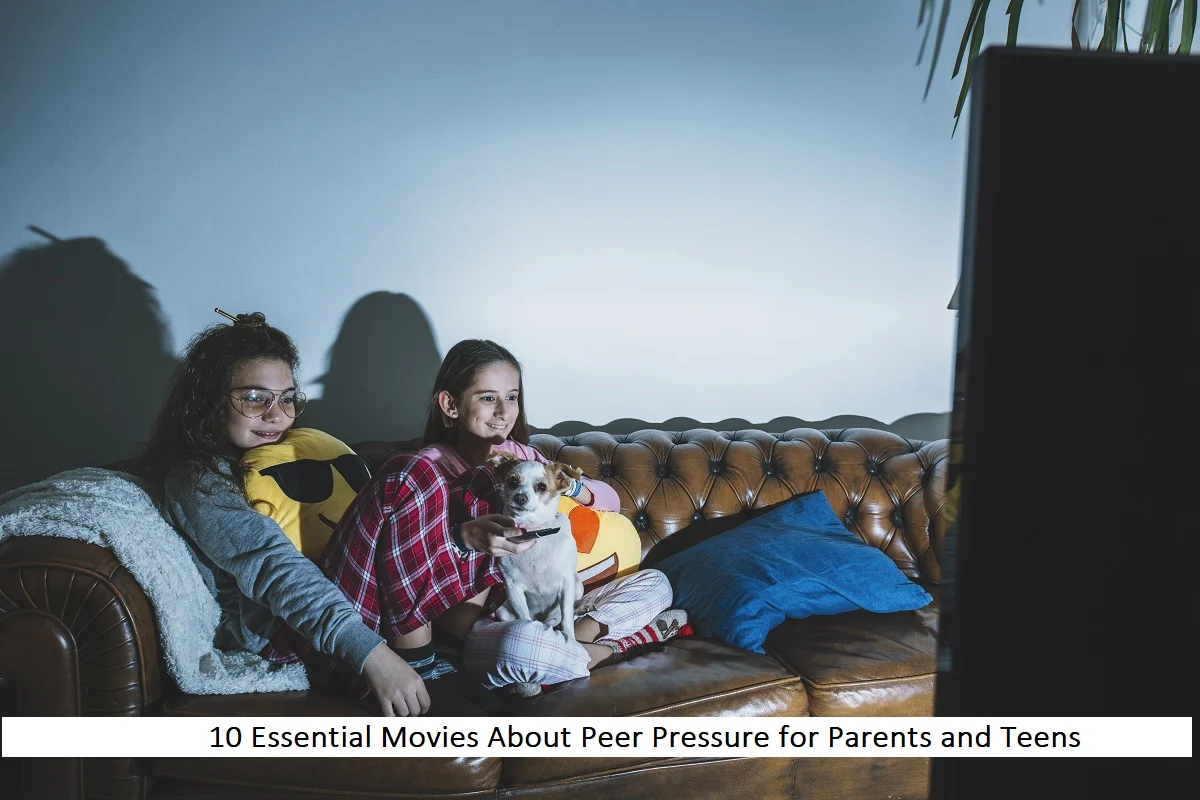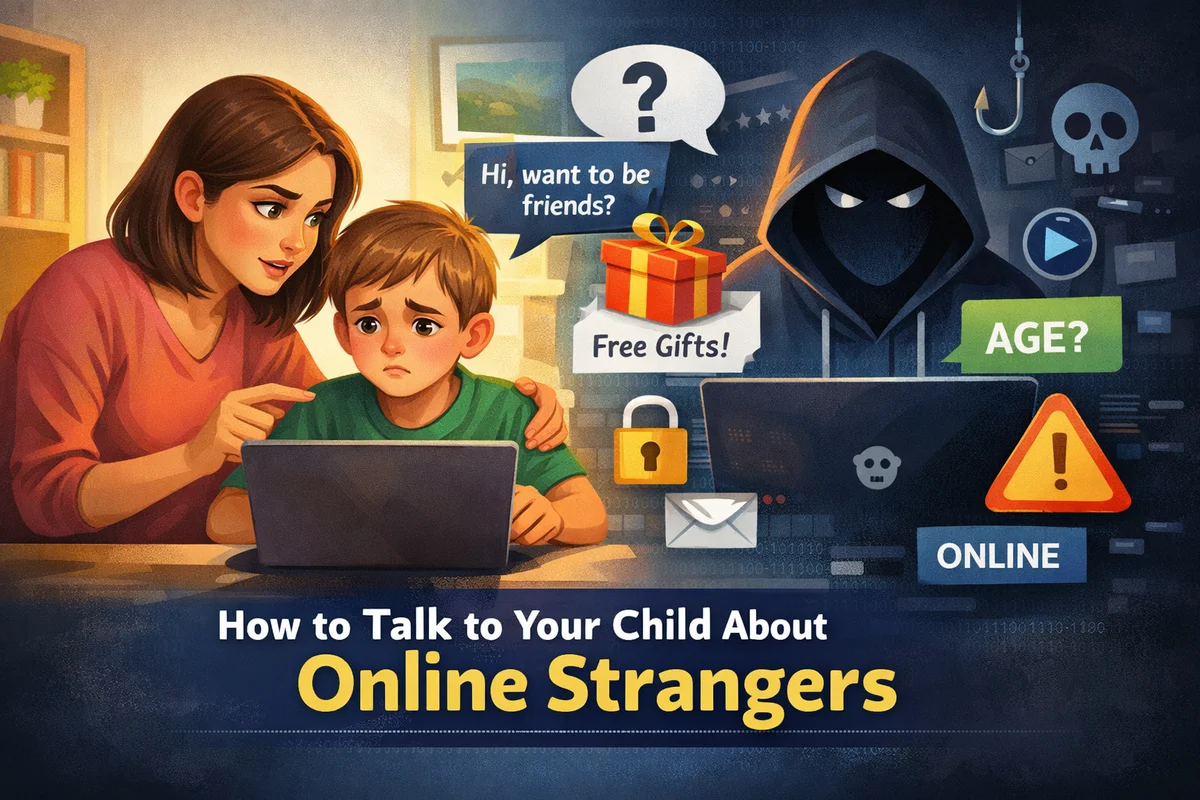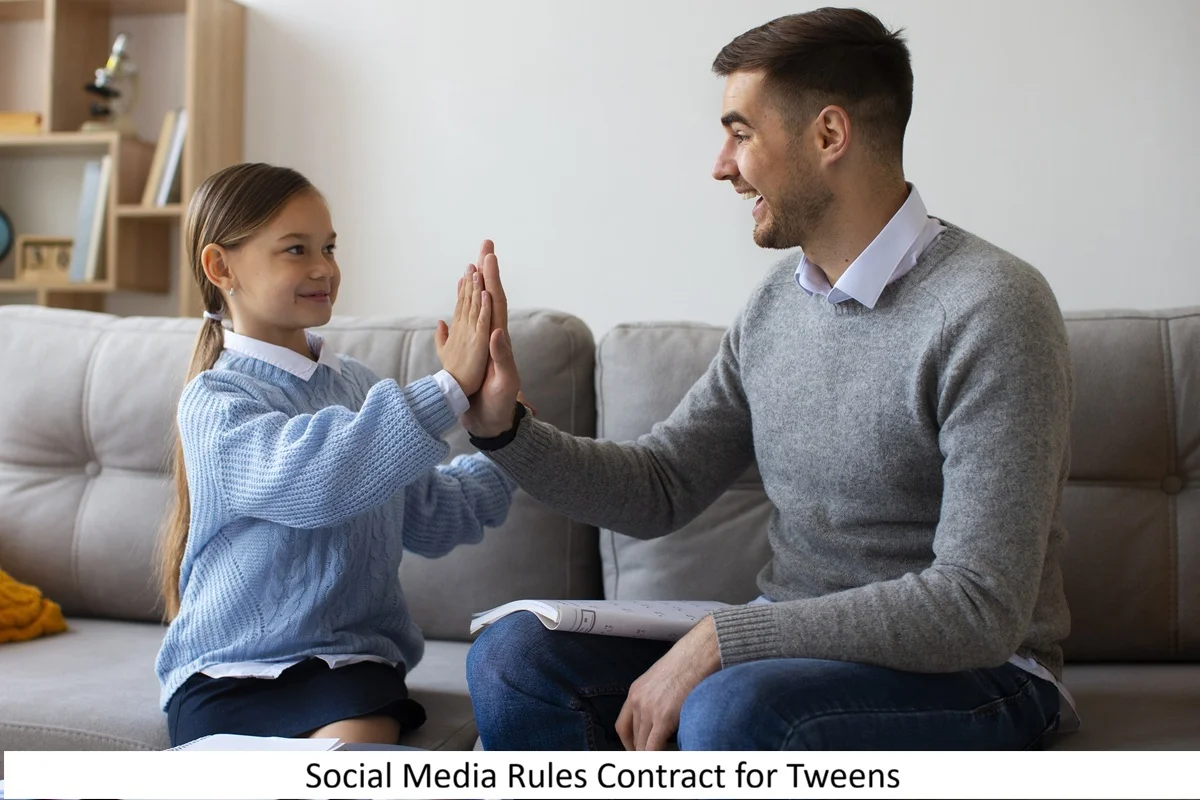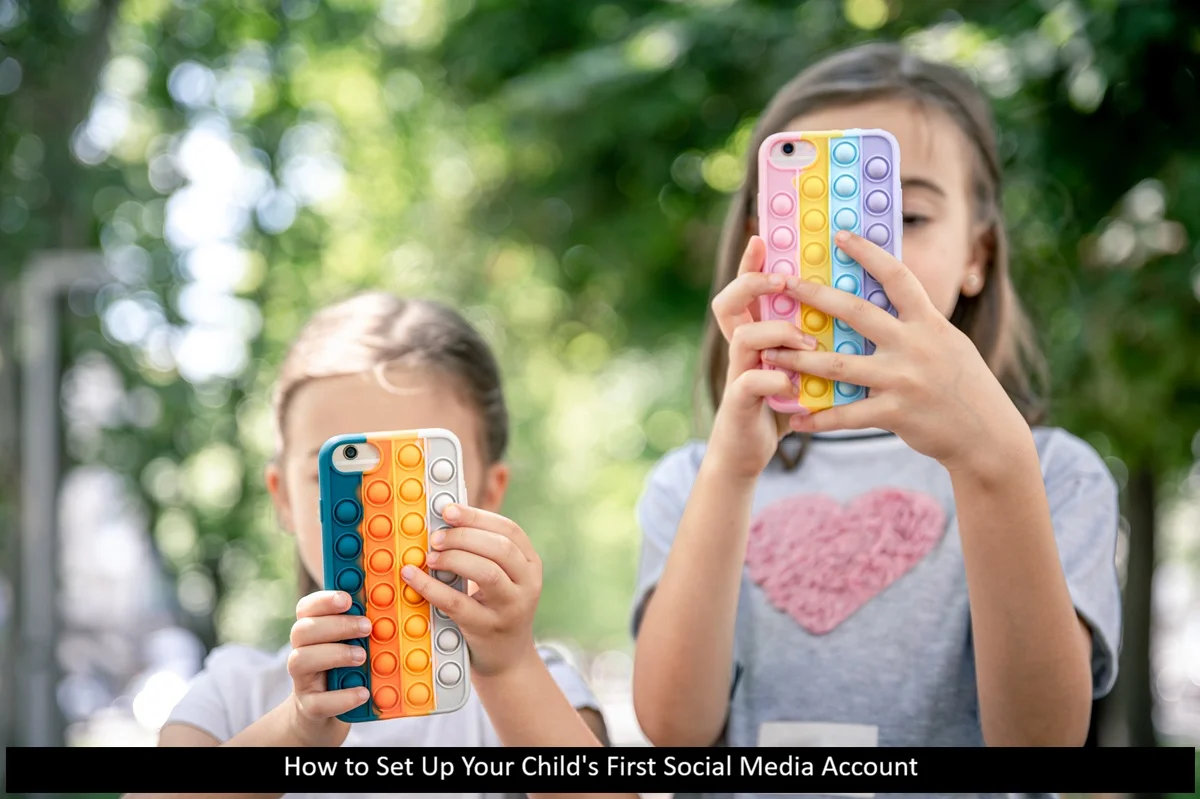Peer pressure shapes many of the choices teenagers make often quietly, and sometimes with lasting impact. From friendships to risky decisions, teens are constantly influenced by the people around them. That’s why movies about peer pressure can be such powerful tools for parents and teens. They don’t just entertain; they open doors to honest conversations about identity, belonging, and the consequences of choices. Watching these stories together can help families understand teen struggles in a deeper, more meaningful way.For additional guidance on how parents can help their children cope, check out How Parents Can Support Kids in Dealing with Peer Pressure.
Movies have a unique way of showing what words often cannot. Through characters, emotions, and real-life situations, they reflect the pressure teens face to fit in, belong, or make difficult choices. The following films explore these moments honestly, helping parents and teens see peer pressure from different perspectives and start meaningful conversations together.
1. Mean Girls (2004)
Why It’s Essential:
When Cady Heron (Lindsay Lohan) leaves her sheltered life in Africa for an American high school, she’s quickly courted by “The Plastics,” the most popular—and most toxic—clique on campus. This hilarious yet insightful comedy peels back the layers of social manipulation, gossip, and the desperate need to fit in.
Parent-Teen Talking Point:
- Focus on ‘fitting in’ vs. staying true to yourself. After the credits roll, discuss how sometimes changing our personality feels easier than being ourselves—and why that can be damaging in the long run.
2. Heathers (1989)
Why It’s Essential:
A darkly comedic peek into the dangers of groupthink, Heathers follows Veronica (Winona Ryder) and her mean-girl clique, all named Heather. The film dives into bullying, power plays, and the extreme consequences of succumbing to peer pressure.
Parent-Teen Talking Point:
- Explore the idea of popularity at any cost. How can hanging with the “in” crowd lead to a toxic environment? How can we spot warning signs that a friend group might be heading in a dangerous direction?
3. Thirteen (2003)
Why It’s Essential:
This raw drama follows Tracy (Evan Rachel Wood), a good student who is drawn into her rebellious friend Evie’s world. As they spiral through shoplifting, partying, and risky behavior, the movie offers a stark look at just how quickly a teen can be influenced by friends who thrive on thrill-seeking.
Parent-Teen Talking Point:
- Discuss the lure of the ‘cool friend.’ Teens often imitate peers they admire, sometimes leading them down a darker path. Talk about how to spot red flags and set personal boundaries.
4. The Wave (Die Welle) (2008)
Why It’s Essential:
Based on a real-life experiment, this German film sees a teacher prove to his students how easily they could slide into autocracy. The class project takes on a life of its own as the students embrace group identity and power.
Parent-Teen Talking Point:
- Examine group loyalty and mob mentality. Ask how peer pressure can escalate from mild conformity to extreme behavior. Encourage teens to think critically about any group they belong to.
5. The Basketball Diaries (1995)
Why It’s Essential:
Starring Leonardo DiCaprio as Jim Carroll, a rising basketball star who tumbles into heroin addiction, this film highlights how peer influence and a desire to escape life’s pressures can lead to destructive habits.
Parent-Teen Talking Point:
- Highlight the role of peer support (or lack thereof). Discuss how Jim’s friendships either drag him down or fail to pull him back. Emphasize the importance of friends who encourage positive choices.
6. Dazed and Confused (1993)
Why It’s Essential:
Set on the last day of school in 1976, this cult classic captures the carefree party culture and the hazing rituals that await incoming freshmen. It’s a lighthearted yet telling look at how peer pressure can sway teens toward questionable decisions (like partying or bullying) to seem “cool.”
Parent-Teen Talking Point:
- Look at the hazing and partying traditions. Why do so many kids feel they must go along with harmful initiations? Talk about ways to resist these pressures without feeling left out.
7. Eighth Grade (2018)
Why It’s Essential:
Bo Burnham’s directorial debut follows Kayla (Elsie Fisher), a shy middle schooler caught between the offline and online worlds. It spotlights how social media amplifies peer pressure—every like, selfie, and follow can feel like a referendum on one’s self-worth.
Parent-Teen Talking Point:
- Tackle social media stress. How can teens set healthy boundaries in a world that encourages constant comparison? Parents can share their own experiences balancing digital and real-life friendships.
8. Cyberbully (2011)
Why It’s Essential:
A made-for-TV movie starring Emily Osment, Cyberbully shows how a teen’s life unravels when she’s targeted by relentless online harassment. In the digital age, peer pressure can come in the form of social media pile-ons and group texts, too.
Parent-Teen Talking Point:
- Open up about online safety and compassion. For more insights on keeping your child safe in the digital world, explore Cyberbullying Prevention: Essential Tips Every Parent Needs to Know. Discuss the bystander effect—why some people join in tormenting someone online while others stay silent—and why it’s important to speak out against cyberbullying.
9. Easy A (2010)
Why It’s Essential:
Emma Stone stars as Olive, a high schooler whose reputation changes overnight thanks to a gossip mill that spins out of control. She leans into the rumors for a while—until she realizes the social fallout isn’t worth the facade.
Parent-Teen Talking Point:
- Consider the power of rumors. Ask how gossip starts and why people spread it. Talk about reputation versus reality, and why honesty (to yourself and others) matters more than popularity.
10. The Outsiders (1983)
Why It’s Essential:
Based on S.E. Hinton’s classic novel, this coming-of-age story revolves around two rival groups—the Greasers and the Socs. The tension spotlights how loyalty to friends can push teens into violence and tragedy.
Parent-Teen Talking Point:
- Reflect on loyalty and belonging. When does defending your group go too far? Explore how it can be tough to stand against friends in the name of doing what’s right.
Final Thoughts
Each of these films shows a different face of peer pressure—from toxic cliques and experiments gone wrong, to the pitfalls of online harassment. Watching them with your teen can help spark deep conversations about standing firm in your values and choosing friends who respect who you are. By opening up this dialogue, you can help your child identify warning signs and practice better decision-making—tools they’ll carry long after the credits roll.




